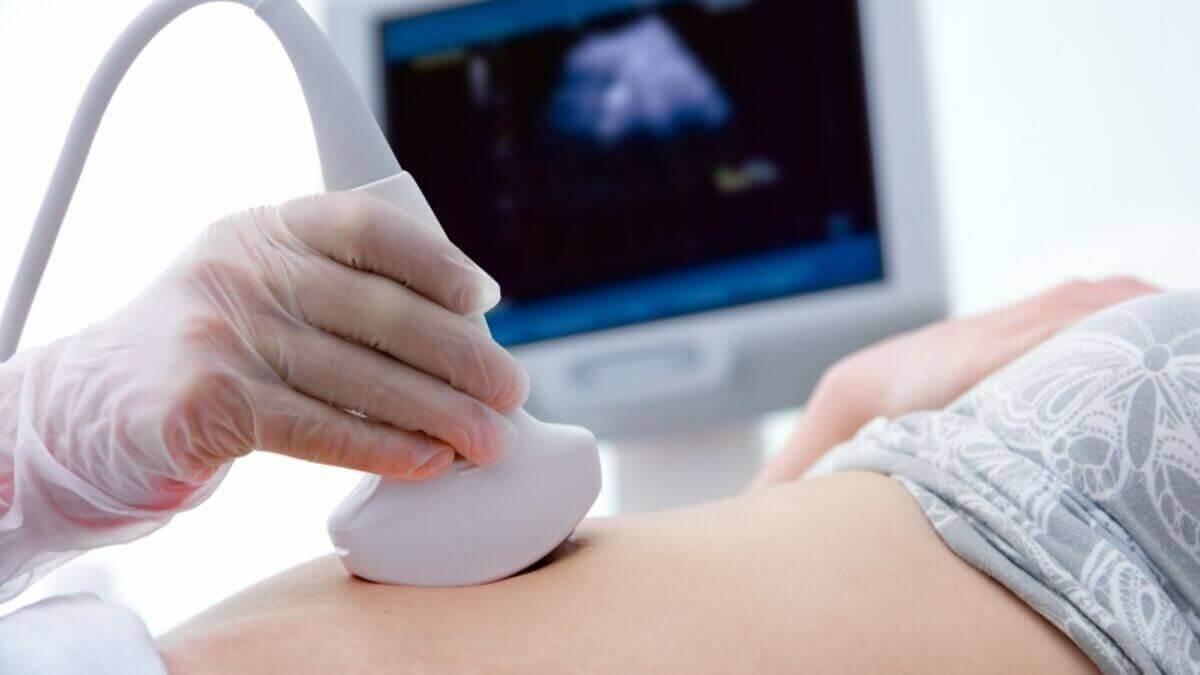As someone with a genetic disability – and two mentally disabled brothers – but also as a student of eugenics, I am keenly interested in the case of the young mentally disabled woman ordered by the Court of Protection to undergo an unwanted abortion. Her mother, a former midwife, offered to look after her grandchild, but the Judge ruled that abortion was in her ‘best interests’ – that it would be less harmful than having the baby removed after birth.
As always in such cases, all parties are anonymous, but it has emerged that as a lawyer Mrs Justice Lieven represented the abortion lobby in several court cases, including challenging the parental right to be notified of an under-age daughter’s abortion.
Even more worrying, this secretive Court – supposedly established to protect the mentally impaired – has ruled that artificially-delivered food and fluids may be withdrawn from the brain-injured without coming to court if both family and care provider agree, signalling that it is in the ‘best interests’ of people with mental disabilities to be dead.
Sadly, seemingly the most vocal champions of human rights – left-liberal progressives – also champion abortion and euthanasia, apparently based on the subjective ‘I wouldn’t want to live like that’ approach; at the same time they oppose the death penalty – for compassionate reasons, naturally.
The old worldview on which our laws are based, which prized free will and under which those who cannot help themselves are treated more compassionately, is being overthrown by a new, ‘human-centred’ worldview; but the new laws are made by the strong for the strong, and in practice further disadvantage the disadvantaged, reintroducing the ‘survival of the fittest’ in the guise of autonomy.
The framers of the new laws would sweep away the protections offered by the old laws to the vulnerable because they feel that if they were ‘like that’ they would want the ‘easy out’ of death, either for themselves or for any offspring conceived at the wrong time or with the wrong characteristics. In the name of choice, they have introduced a new kind of Darwinism – DIY eugenics – and although the mentally impaired cannot give authentic consent to life-or-death decisions like abortion and euthanasia, the Court is unlikely to have become involved if she had ‘chosen’ abortion.
Indeed, she herself would have been targeted for abortion had her condition been detectable in the womb. It seems her own baby has no such impairment, but judging by the muted response from liberal commentators, anything that shows abortion in a negative light – especially when it flatly contradicts ‘the right to choose’ – must be ignored, lest it also contradict the new feminist orthodoxy that abortion is always a ‘good thing for women’.
The early eugenicists thought it was a good thing for the race, and openly campaigned for abortion for ‘unfit mothers’; all early abortion laws were based on eugenics sterilisation laws, and the concept survived the Holocaust, lasting into the 1960s; indeed, it was only when David Steel’s bill dropped the term in favour of allowing abortion for ‘mothers who could not cope’ that their campaign finally succeeded.
Abortion is now the officially preferred solution to poverty and immigration – significantly, the young woman’s mother has Nigerian origins – and also for disability. With the introduction of the more accurate non-invasive prenatal testing (NIPT), people with Down’s syndrome may become an endangered species; but unlike wild animals there will be no David Attenborough to save them.
Would we create a perfect society if we succeeded in eliminating disability? It could only be done by eliminating all disabled persons, as with the Nazis, who despised weakness and tried to create a superior race by eradicating ‘inferior’ types with birth control, sterilisation, abortion, euthanasia and of course the concentration camp.
Influenced by the horrors of Nazism, the Left promotes personal autonomy in reproductive matters along with the ‘right to die’; but with death so much cheaper than life, especially in a welfare state, inevitably the last resort swiftly becomes the first for the poor and weak, who become not just nuisances but expensive nuisances. And poor women, for whom more money would mean real choice, often see abortion as their only choice; but, far from a positive choice, it is a type of self-harm that involves harming those who are even weaker – the unborn.
The Nazis succeeded in creating Hell on earth, but although the current trend for killing may be motivated by the best of intentions – the eradication of suffering – it leads to the same place, because it involves eradicating the sufferers. The road to Hell is indeed paved with good intentions, but while this Court ruling failed in its objective, it may actually have succeeded in damaging the campaign to decriminalise abortion by exposing the hollow reality of the ‘right to choose’.
All opinions expressed here are the author’s own and do not necessarily represent the views of Right To Life UK.

